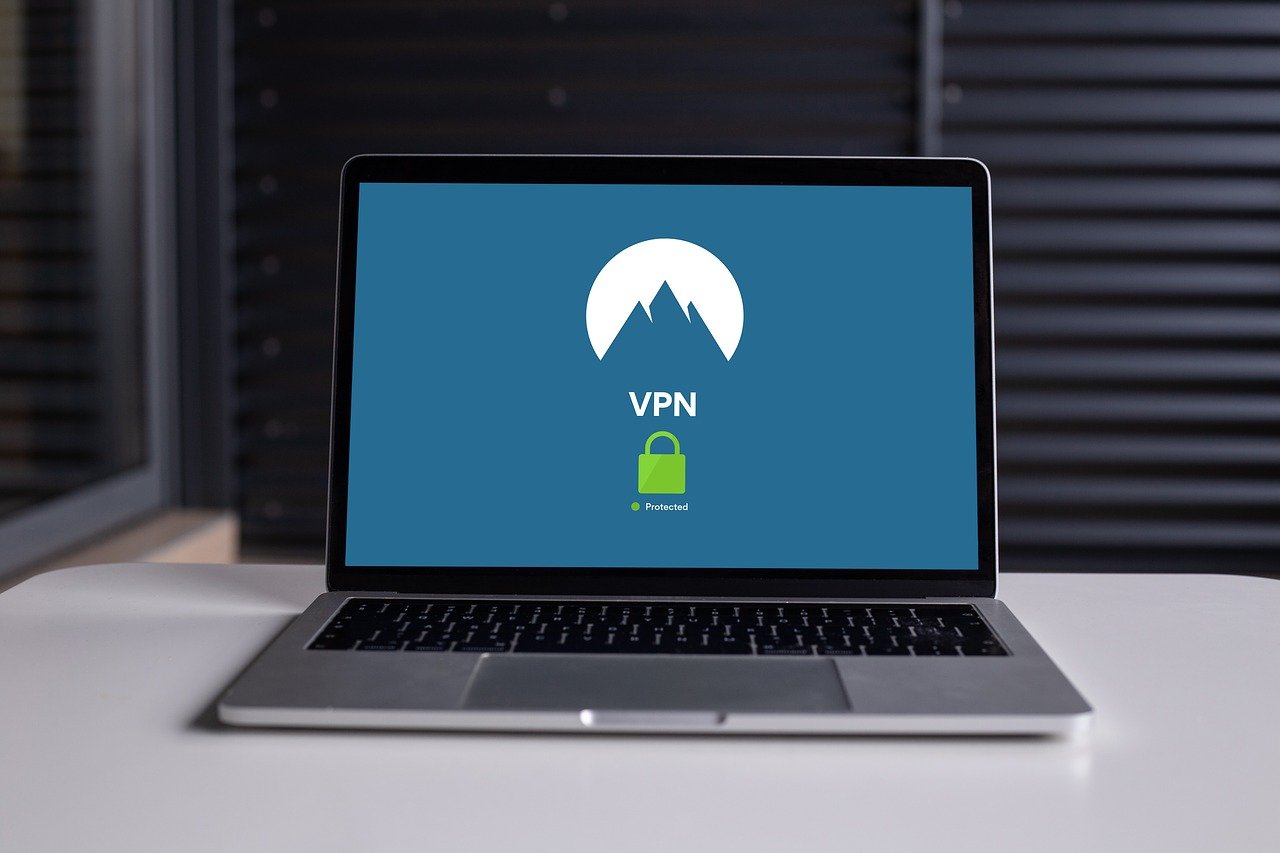
Cyber attacks on company networks are becoming more prominent every day, and media giants such as Facebook or Twitter are being questioned about personal data protection. Indeed, we live in a world where the information stored online is crucial for a company’s success. That’s why most organizations have migrated to cloud VPN solutions to protect their corporate network from bold cybercriminals.
What is cloud VPN?
Let’s start by defining the term “cloud VPN.” Cloud computing, in general, is an ever-growing sector as it provides global access to resources and much more practical processes when compared to hardware-based operations. Cloud VPN is a service, also known as VPNaaS, that takes hardware-based VPN solutions and offers them hosted in the cloud. It is one of the great opportunities provided by developing cloud computing.
A cloud VPN protects and encrypts all the information you store on a company network. By using one, your employees can get secure access to corporate resources, share files safely, and use business tools without cyber security threats.
The one thing that separates cloud VPN from traditional VPN solutions is the ability to be deployed anywhere and anytime. Usually, setting up a hardware-based VPN takes significant time and resources and can be a real burden on small companies.
Cloud VPN solutions deliver everything traditional VPNs offer, but they can be deployed in a matter of hours. Plus, they are entirely run by the vendor so that the receiving company doesn’t deal with its operation. They are the latest and most straightforward technology that the cybersecurity sector offers.
Is cloud VPN really that popular?
You may be thinking that cloud VPN technology is relatively new, and you need further assurance whether it is safe or not. Well, the thing is, most of the organizations have already migrated to cloud VPN solutions. They find it more practical to get VPN as a service rather than deploying hardware on their own servers.
According to Flexera’s State of the Cloud Report, over 50% of the companies migrated their operations to cloud-based services in 2020. The impact of COVID-19 is undeniable, of course. As the remote work model’s popularity increased, so did the cloud applications.
If most companies use cloud services to run their daily business, they need a cloud-based approach to ensure the security of corporate resources. Hardware-based VPNs simply fell short of meeting the security requirements of cloud services.
The percentage of companies that use cloud VPN services is also not surprising because of the growing demand for cloud computing. Tech Radar states that 54% of the companies transferred their VPN solutions from on-prem to cloud VPNs. Possible reasons for this are the ease of use and the lower costs of security.
The popularity of cloud VPN services proves their efficiency, and it looks like it will keep increasing. If you also have a web-based business, it’s probably best you also get cloud based VPN to stay ahead of your competition.
Why should a company migrate to cloud VPN?
If you’re still unsure about cloud VPN services, here is what precisely cloud-based VPN services offer to your company.
Secure remote access
The remote work model is the trend nowadays, but you need to ensure the safety of corporate resources. Cloud VPN services provide secure remote access regardless of location, protecting sensitive data from possible cyber attacks. If you have remote employees, it’s a perfect reason to migrate to cloud VPN.
No more network latency
We stated that most companies already took their business operations to cloud-based services. If some of them are still using hardware VPNs, the system would have to route users to the headquarters before directing them to the cloud applications. Cloud VPN ensures direct access to cloud-based services, saving you from network latency issues.
Lower costs & easier use
When you want to set up a traditional VPN system from scratch, you need an in-house IT team, various hardware, and a couple of months to be up and running. The good news is, now you don’t. Cloud-based VPN providers act like your dedicated IT team for a small price, and their services can be deployed in no time without any hardware.
User verification
If your employees worked in a physical office until COVID-19, you might have ID cards to verify your team members when they check-in to your company headquarters. Well, you need a similar practice to guarantee security in the remote work model.
Cloud VPNs offer improved user verification services to help you distinguish permitted users. You don’t need to worry about malicious users accessing your corporate network with a simple VPN solution.
Numbers prove the success & reliability of cloud VPN solutions
There we are after a period when only a handful of companies with significant budgets could deploy VPN solutions to protect their corporate data. Thanks to cloud VPN solutions, it is possible that small businesses can be safe from cyber threats.
The numbers speak for themselves; companies overwhelmingly benefit from the cost-effectiveness and reliability of cloud VPN solutions. We also suggest you take advantage of this new easy-to-use, affordable, and secure approach.